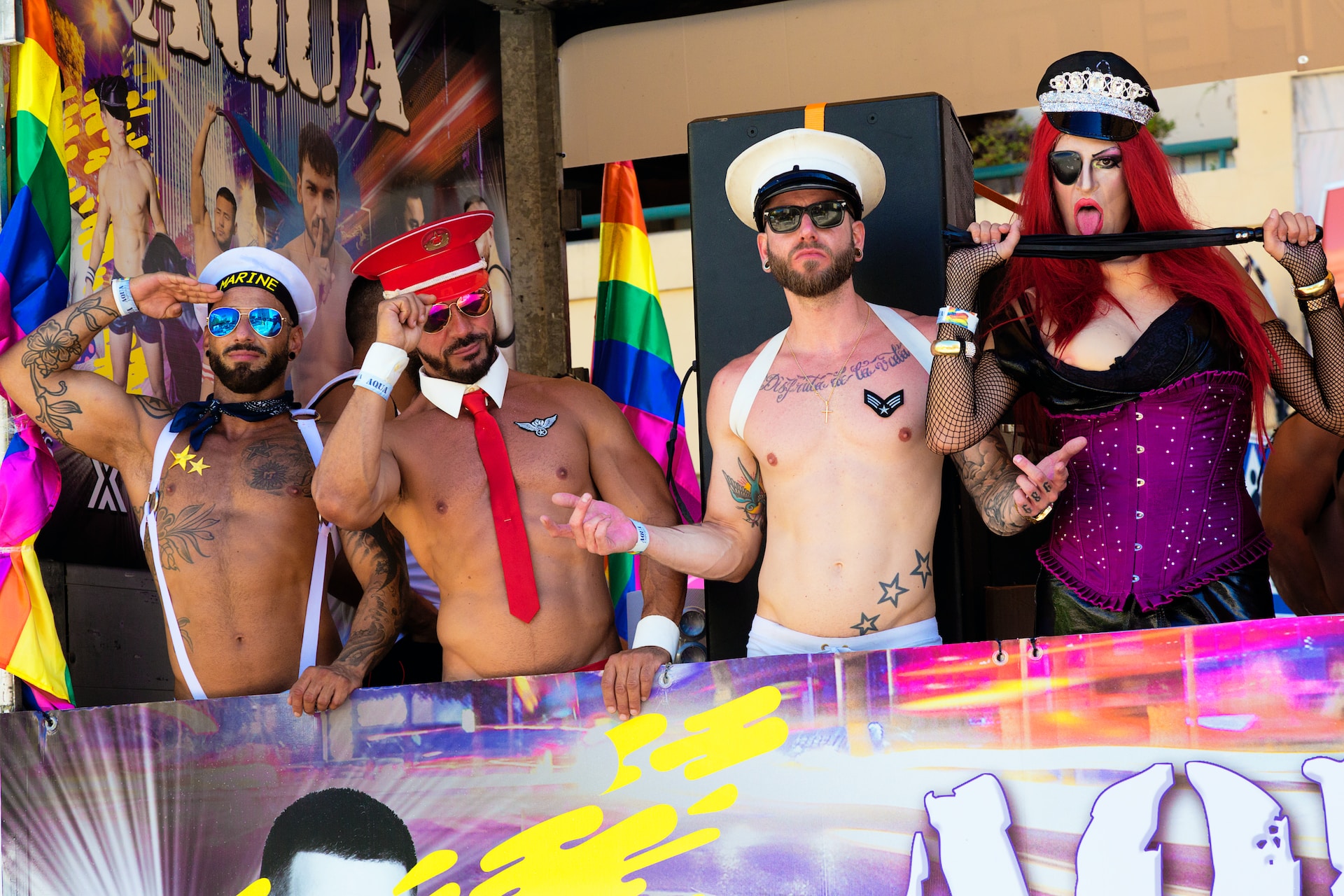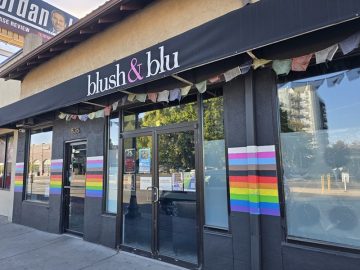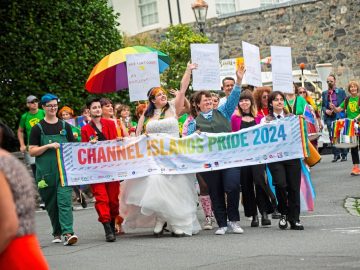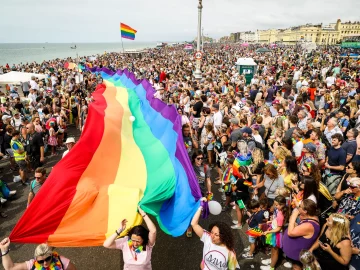Hong Kong’s role as co-host of the Gay Games marks a significant milestone as the first Asian city to welcome the event. The Games, a celebration of sport, art, and culture, aim to foster unity and inclusion among both gay and straight athletes from around the globe. However, this historic occasion is not without its obstacles, as the city’s conservative political forces push back against what they perceive as the spread of “Western ideology.”
Political Backlash in a Changing Landscape
In the wake of sweeping changes to Hong Kong’s political system, a group of lawmakers has vociferously opposed the Gay Games. They argue that the event’s advocacy for LGBTQ rights is at odds with the city’s values and could even violate the comprehensive national security law imposed by Beijing. This law, which has transformed the city’s governance and restricted freedoms, is cited as a potential legal barrier against the Games.
Defiant Organizers and International Support
Contrary to the lawmakers’ stance, the organizers of the Gay Games in Hong Kong remain resolute. They insist the event is apolitical and committed to the celebration of diversity and inclusivity through sports and cultural events. With meticulous adherence to local laws and transparent financial management, they are determined to proceed as planned, undeterred by the political controversy.
A Shifting Environment for LGBTQ Rights
Hong Kong’s status as an international financial hub has historically supported a vibrant LGBTQ community, despite the absence of same-sex marriage legalization and anti-discrimination laws. Recent legal battles have seen some progress, with court mandates pushing for recognition of civil partnerships for same-sex couples. However, the post-2019 national security law and the ensuing crackdown on pro-democracy activism have cast a long shadow over civil liberties in the city.
Safety Concerns and Diminished Participation
The unusual decision to split the hosting responsibilities with Guadalajara reflects the logistical challenges posed by Hong Kong’s stringent pandemic measures. However, this bifurcation has raised safety concerns in the Mexican city and led to a significant drop in participant registrations. Additionally, the specter of the national security law has deterred some international athletes, including those from Taiwan, from attending the Hong Kong leg of the Games.
Navigating Controversy and Celebrating Diversity
Despite the hurdles, the Gay Games forge ahead with support from international corporations and the local community, highlighting Hong Kong’s potential as a beacon of openness and diversity. While the government’s backing appears tepid, with only minimal official representation at the opening ceremony, advocates within the political sphere, like Regina Ip, voice strong support for the Games’ message of inclusivity.
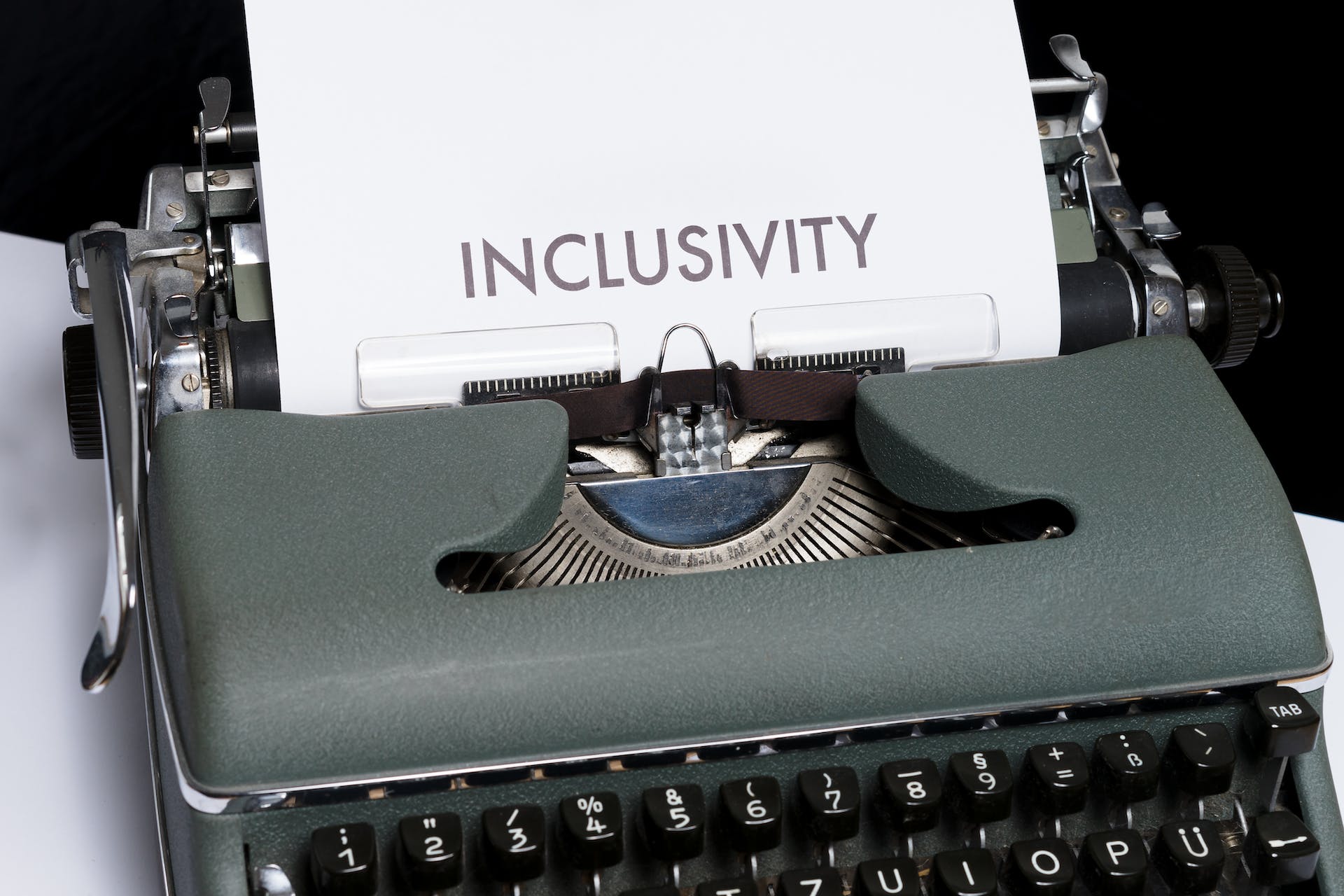
An Invitation to Understanding
As the Games commence, ambassadors and organizers extend an invitation to skeptics and opponents: to witness the festivities firsthand and embrace the spirit of love and peace that the Gay Games represent. It is a call to look beyond preconceptions and join in solidarity with athletes and artists from across the world, celebrating the very diversity that enriches society.
In conclusion, the Gay Games in Hong Kong symbolize more than a series of competitions; they represent a test of the city’s commitment to inclusivity and a challenge to the conservative pushback. How Hong Kong navigates this event may well set the tone for the future of LGBTQ rights and international cultural events within the city’s borders.
©unitedradiance.org

